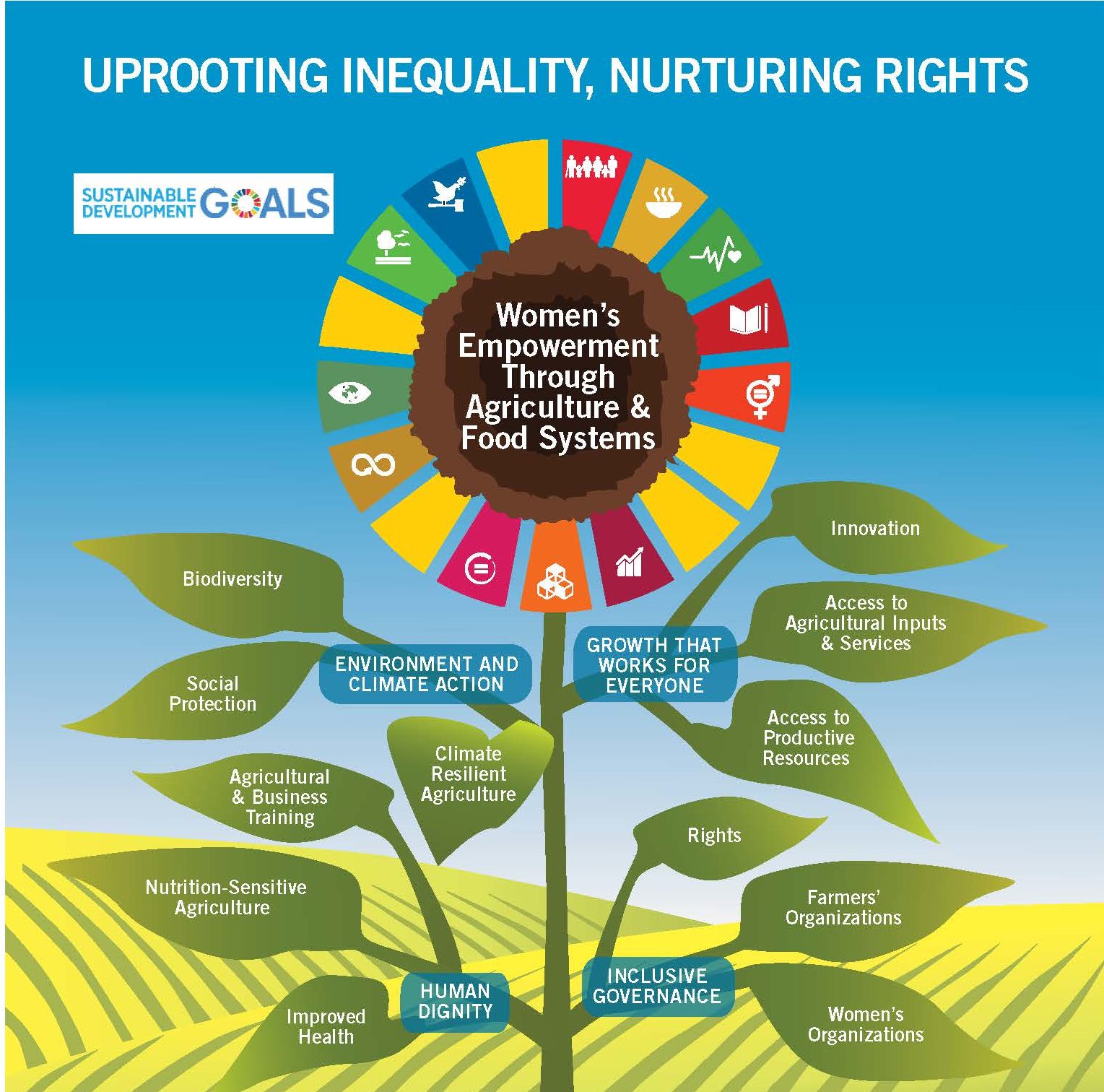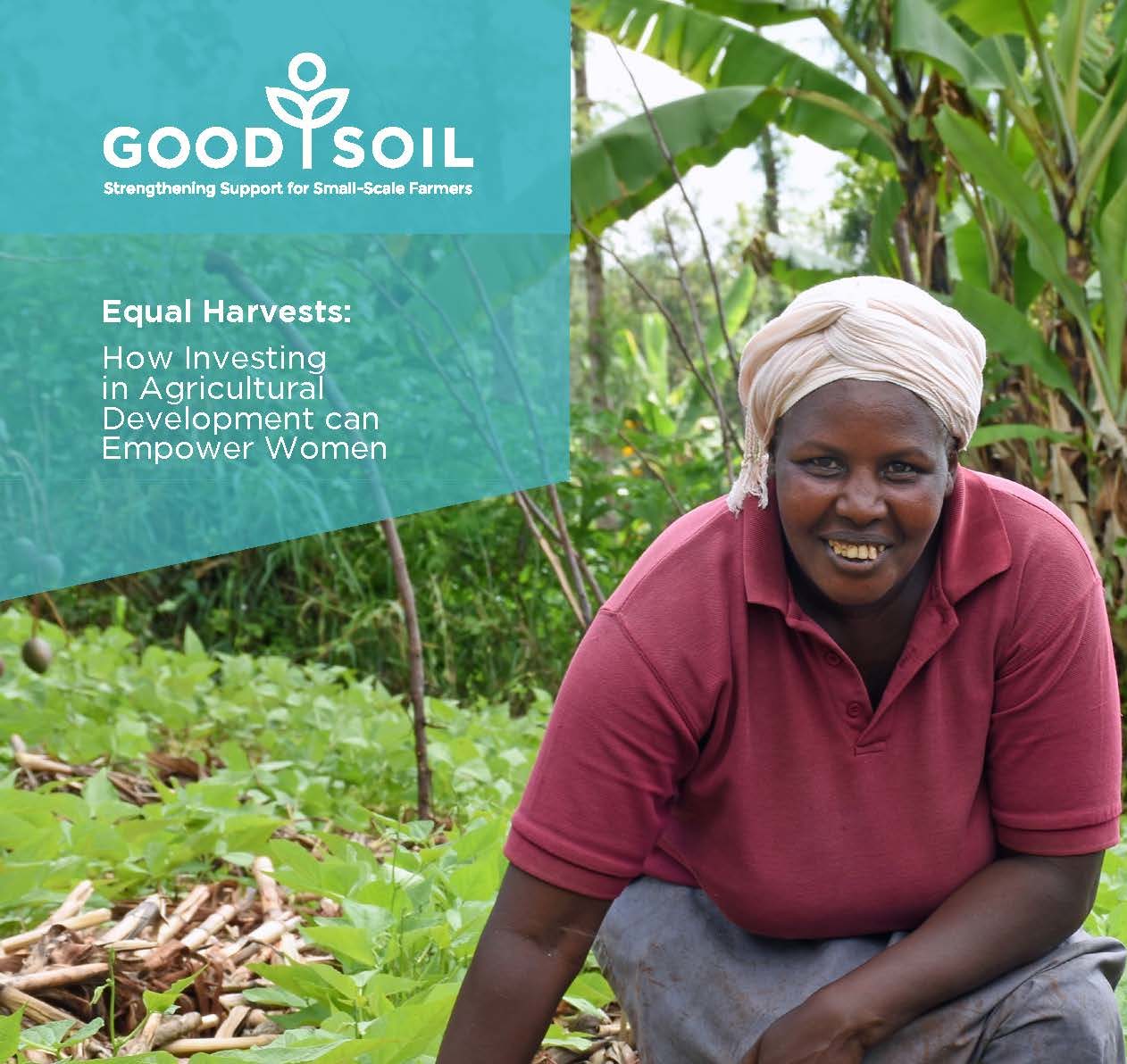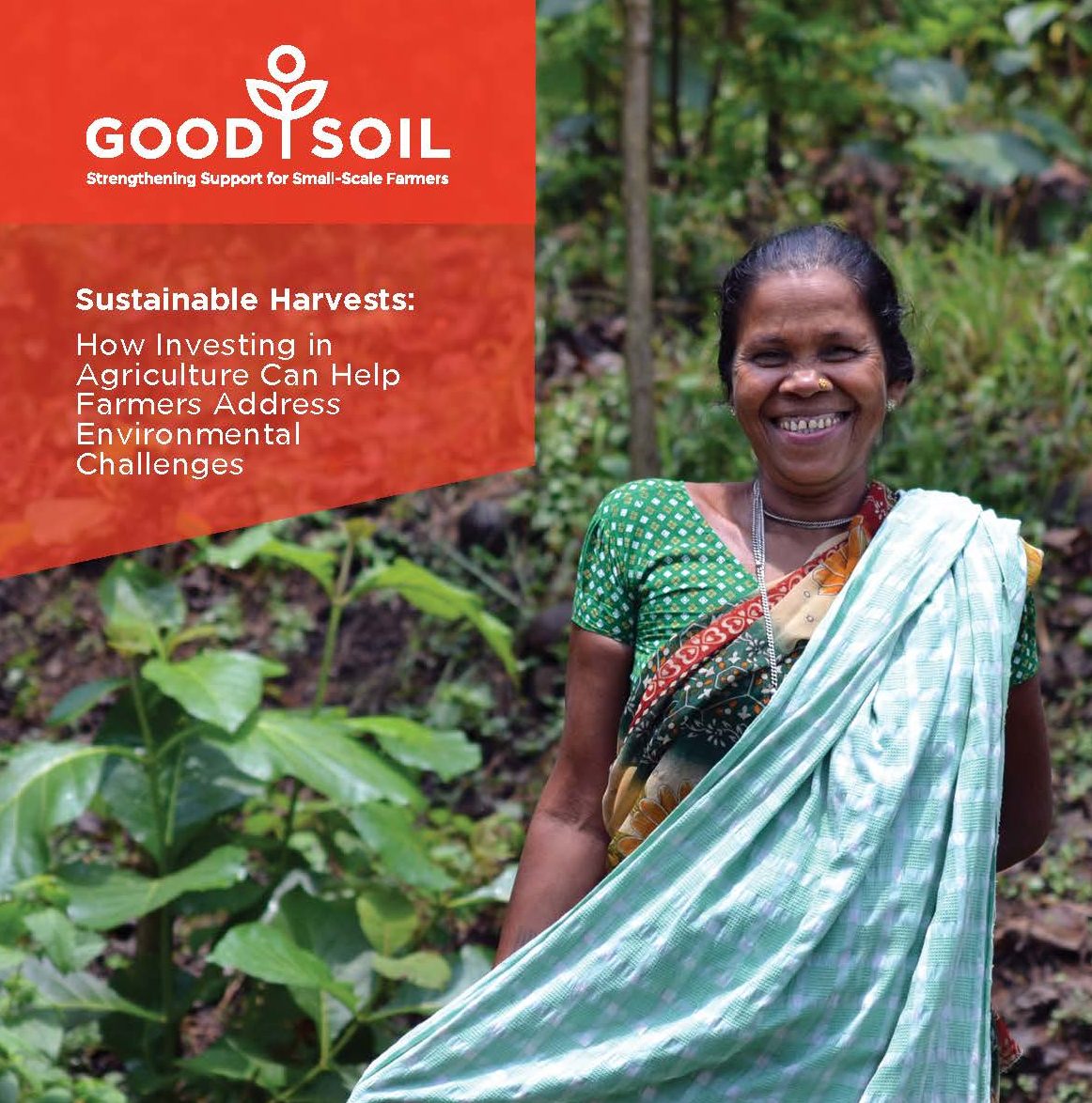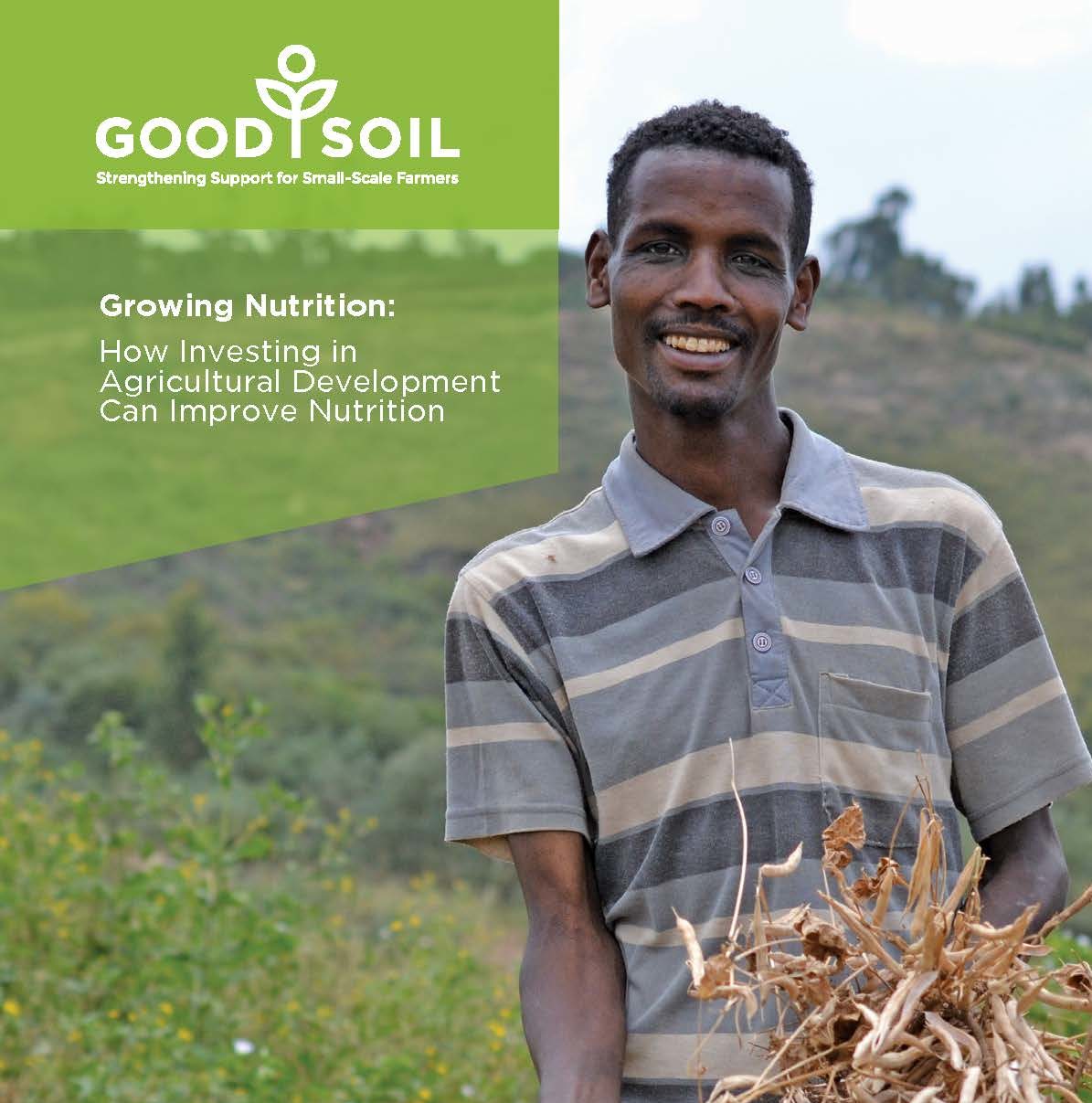Aid for Agriculture
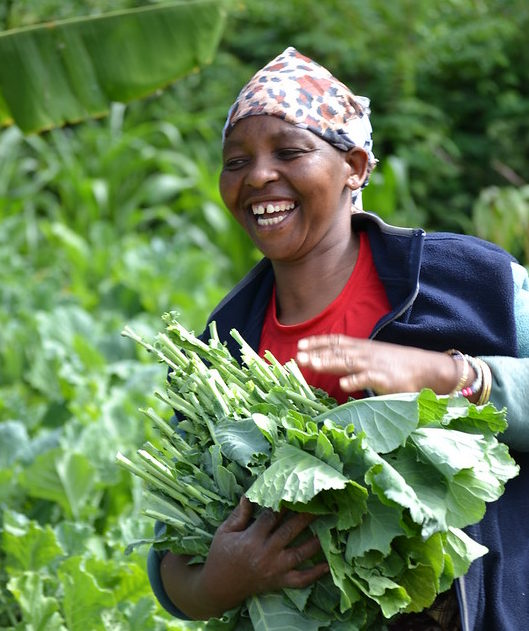
Supporting small-scale farmers is key to ending global hunger
In developing countries, farmers with two hectares of land or less make up the majority of the rural workforce and produce most of the food. About half are women.
Shocks from climate change, conflict and economic disruptions have driven hunger to levels not seen in recent decades and put small-scale food producers, especially women, at particular risk. In many countries, women face significant barriers to land ownership, education, and access to farm inputs, credit and markets.
A more resilient food system will enable small-scale food producers in developing countries to address immediate crises such as conflict and economic hardships as well as long term challenges such as climate change. A truly resilient food system would allow food producers to meet one of the most pressing challenges of our time: ensuring all people can access healthy and nutritious diets while sustaining and strengthening our natural environment.
What have we accomplished?
Canadian Foodgrains Bank, through its leadership on the Food Security Policy Group (FSPG), has pushed for agriculture and food systems to be a key part of Canada’s development policy and climate change finance strategy. While Canada’s Feminist International Assistance Policy (FIAP), announced in 2016, doesn’t name agriculture as a standalone priority, we see evidence that our voice was heard in the strong supporting role agriculture plays across the action areas. Canada aid for agriculture has been increasing since 2018, and ‘climate smart agriculture and food systems’ was named as one of four thematic areas for Canada’s climate finance from 2021-2026.
What are we still working on?
Canada took a leadership role in responding to the global food crisis of 2007-08. As part of the G8 L’Aquila Food Security Initiative, Canada doubled its investment in agricultural development between 2008 and 2011. For years after, Canada’s aid for agriculture fell to pre-2008 levels. With growing concern of the impact of climate change and other shocks on small-scale food producers, Canada’s investments in agriculture have risen once again.
Foodgrains Bank, together with Food Security Policy Group, is working to ensure the sustainability of higher levels of aid for agriculture over the long term, through ongoing conversations, webinars, and advocacy events with the Minister of International Development and officials in Global Affairs Canada.
In 2020, Foodgrains Bank coordinated, through FSPG, an overseas research project that highlighted the value of climate-resilient and gender-equitable agricultural projects in meeting the government’s development goals.
We continue to advocate for increased support for small-scale food producers, especially women, in developing countries through our advocacy campaign for increased investments in climate resilient food systems.
Suggested Resources:
Climate Solutions through food systems (5 pager)
Climate resilient food systems infographic
Leaders in the Field synthesis report
Leaders in the Field policy brief
